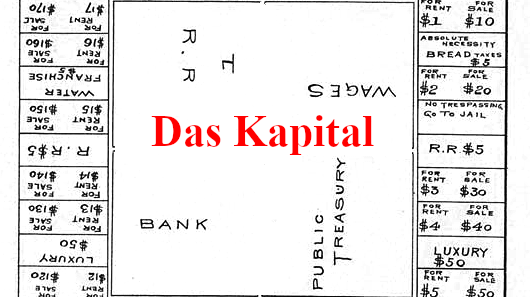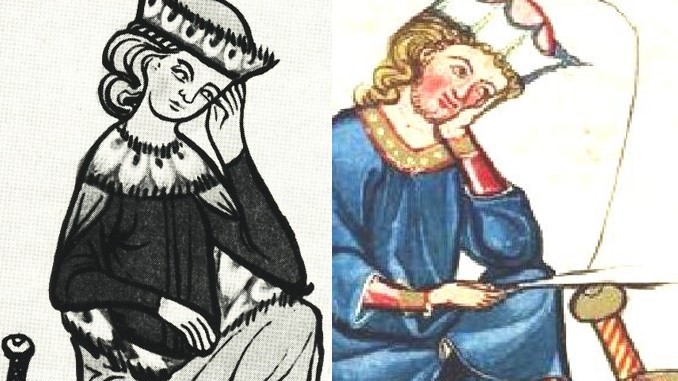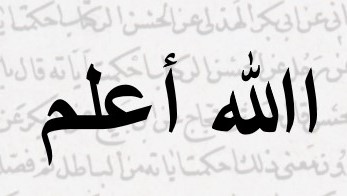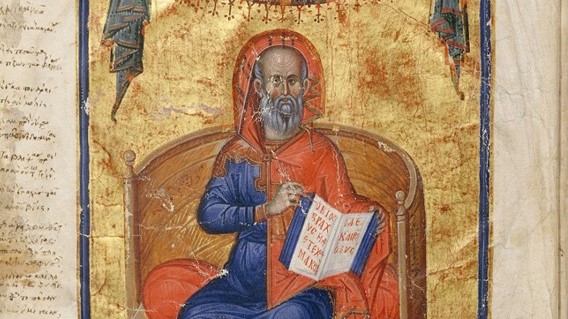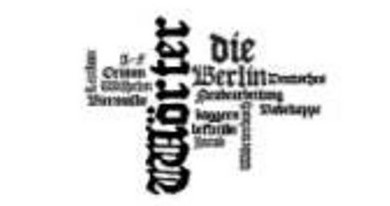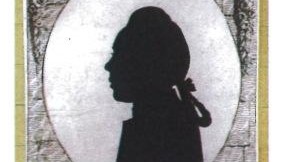Labs before 2010
"They do not know, but they are doing it." Humanities Lab for School Students on Karl Marx: Das Kapital (Autumn 2009)
In collaboration with the research project on the "Complete edition of Marx and Engels"
This season's participants embarked on the adventure of reading the original version of this challenging text. The focus was on a thorough and careful approach to the Marxian text itself. Beyond the approach of searching for immediate "instructions for action" in times of crisis, which was popularized by the media, the Student Lab worked out the critical-analytical potential of the work. In addition to this content analysis, it pursued an interest in scientific methodology. The students examined the complex process of the work's creation and became familiar with philological methods such as handwriting transcription and commentary. In addition, the event referred to the rich artistic reception of "Das Kapital", above all to projects of cinematic realization from Sergej Eisenstein (1927) to Alexander Kluge (2008).
Who is Walther - and if so, how many? Humanities Lab for School Students on the Tradition of German Literature of the Medieval Ages (Spring 2009)
In cooperation with the research project on German Texts of the Middle Ages
Using the example of a "classical" lied from the early 13th century, the participants were given an introduction to the tradition of older German literature - and the challenges it poses to today's readers. The students encountered some of the great codices of splendour, compared different text witnesses with each other and finally produced their own "critical" edition of the poem. By making the various steps of the philological "craft" understandable, the aim of the event was to sharpen the participants' awareness of methods and to sensitize them to the constructiveness in texts. The main focus was on the poet Walther von der Vogelweide (1170-1230), whose essential role in the development of the minnelied was highlighted. A prerequisite for understanding this genre as an "art of representation" is the consideration of its courtly context of origin and performance. The reading of a minnelied in the Student Lab was therefore intertwined with the reconstruction of Walther's career as a travelling singer and excursions into the social and political situation in the German Reich at the time.
"God knows best"? Humanities Lab for School Students on the Hermeneutics of the Qur'an (Spring and Autumn 2008)
In collaboration with Corpus Coranicum
A special challenge of this workshop series was to convey the intertextual approach of the Corpus Coranicum and to make the Qur'an readable for young people without previous knowledge of religious history and its implicit dialogue structure, which constituted a counterpart to the religious messages of Jewish-Christian origin circulating among the listeners of Mohammed. It was also shown what hermeneutics can contribute to objectifying the discussion about this controversial text. The fact that a document like the Qur'an is the legitimate subject of historical-critical research, which neither excludes reverence, nor disrespects the religious convictions of the faithful, was one of the main findings for the participants.
From Philologists and other Healers. Humanities Lab for School Students on Antique Medicine (Autumn 2007)
In cooperation with Corpus Medicorum Graecorum / Latinorum
This season revolved around one of the great texts of western tradition that still characterizes the ethics of medical practice today: the so-called Hippocratic Oath. Despite its extensive history of reception, the Hippocratic Oath still poses a mystery to research. Controversies include authorship, scope and dating as well as the cultural-historical classification and interpretation of larger text sections. Some of these questions were taken up by the Student Lab. The participants received an introduction to ancient medicine and - by means of concrete exercises - an insight into basic philological tasks such as text criticism, translation and commentary.
The Words. Humanities Lab for School Students on Lexicography (Spring 2007)
In cooperation with the Deutsches Wörterbuch by Jacob and Wilhelm Grimm
The focus of this workshop was the autonomous creation of an article for the Deutsches Wörterbuch (German Dictionary), the revision of which concentrated at that time on the "B-Section". Accordingly, the participants received several dozen historical documents on key words such as "baggern" (to dig), which they were to use to determine the main meaning groups of these words. "baggern", for example, first means "excavating soil", "transporting something from bottom to top", but is then also used, among other things, to designate the establishment of contact between sexes (ger. "anbaggern", engl. "to hit on sb."). But how are the two meanings connected? How was the transferred meaning derived from the basic meaning? Even the Germanic professionals, the editors of the dictionary, do not always know precise answers to questions like these. The fact that several plausible solutions can be discussed instead, however, is, according to the students' experience, precisely what makes dictionary work so appealing.
“Attention to the Seemingly Small”. Humanities Lab for School Students on Karl Philipp Moritz (Spring 2006 and Spring 2008)
In cooperation with the research project on the critical edition of Karl Philipp Moritz
On the occasion of the 250th birthday of the writer Karl Philipp Moritz (1756-1793), the first season of the Humanities Lab for School Students was developed as part of a project with the Evangelisches Gymnasium zum Grauen Kloster. At a young age Moritz was a teacher at Graues Kloster and later a member of the Academy, so that a cooperation of both institutions in his memory was established. The workshop was especially dedicated to Moritz´ working as a pedagogue, psychologist and autobiographer. The text "Erinnerungen aus den frühesten Jahren der Kindheit" gave the participants an insight into methods of biographical research and the preparation of a literary commentary.

